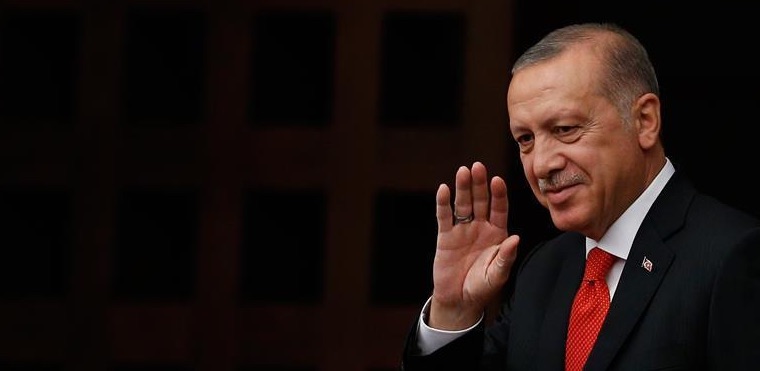On July 9, Recep Tayyip Erdogan started a new term as Turkey’s president– and his first with the enhanced powers that came from constitutional changes that he had sought and won. In two podcast episodes released this week, JWE board member Richard Falk discussed the implications of Erdogan’s new term (and new powers) on politics both domestically, in Turkey, and for the broader Middle East, with JWE president Helena Cobban.
The long-simmering dispute between the United States and Turkey continues to cause serious difficulties between these two NATO members; and Pres. Erdogan’s assumption of his strengthened presidential powers seems to augur that these difficulties will continue.
Prof. Falk has had a long attachment to Turkey, where his family maintains a summer house.
In the first of our podcast episodes, Falk reviewed the impact that the failed coup attempt launched in mid-July 2016 had had on Erdogan’s subsequent behavior, prompting a crackdown that many in the Western corporate media have criticized as excessive and spurring Erdogan to seek full “executive” power for the presidency. He noted that the 2016 coup attempt had been considerably more threatening, and more lethal, than any attempts that, for example, the Soviet Union had ever made to infiltrate and overthrow the U.S. government during the Cold War and the degree to which U.S. governmental institutions and leaders, both at the time and since, seemed to either support or express neutrality toward the coup plotters.
Asked whether the newly inaugurated and strengthened Erdogan might now feel able to ease up on the crackdown he’d launched after the coup attempt, Falk said he judged that possibility “remote.”
In the second episode, Falk reviewed the policies that Erdogan followed in the Middle East over recent years, and surveyed the types of policies he might pursue in the period ahead. He stressed the centrality that he thought Turkey’s leaders placed on the opposition that they saw Israel as having sustained to Ankara’s role in the region over the past decade, saying they felt there had been a concerted effort by Israel, the United States, and Saudi Arabia for several years to weaken and undermine it.
Falk noted that he had had a long friendship with Ahmet Davutoglu, who was Turkey’s Minister for Foreign Affairs 2009-2014 and Prime Minister, 2014-2016 and was a key architect of Erdogan’s foreign policy.
Falk and Cobban discussed at some length the role that Turkey played in Syria from 2011, primarily through the strong support it gave to the armed movement seeking to overthrow Pres. Bashar al-Asad. Falk said he thought the Turkish leaders had misunderstood the depth of the support that Pres. Asad continued to enjoy from the Syrian people, since they believed that overthrowing him might be as speedy as the overthrow of Pres. Muammar Qadhafi in Libya. Falk and Cobban also discussed the effects that Washington’s strong support for the “YPG” Kurdish movement in Syria had had on Turkish-US relations, given the very strong ties between the YPG and the “PKK” armed Kurdish movement in Turkey.

